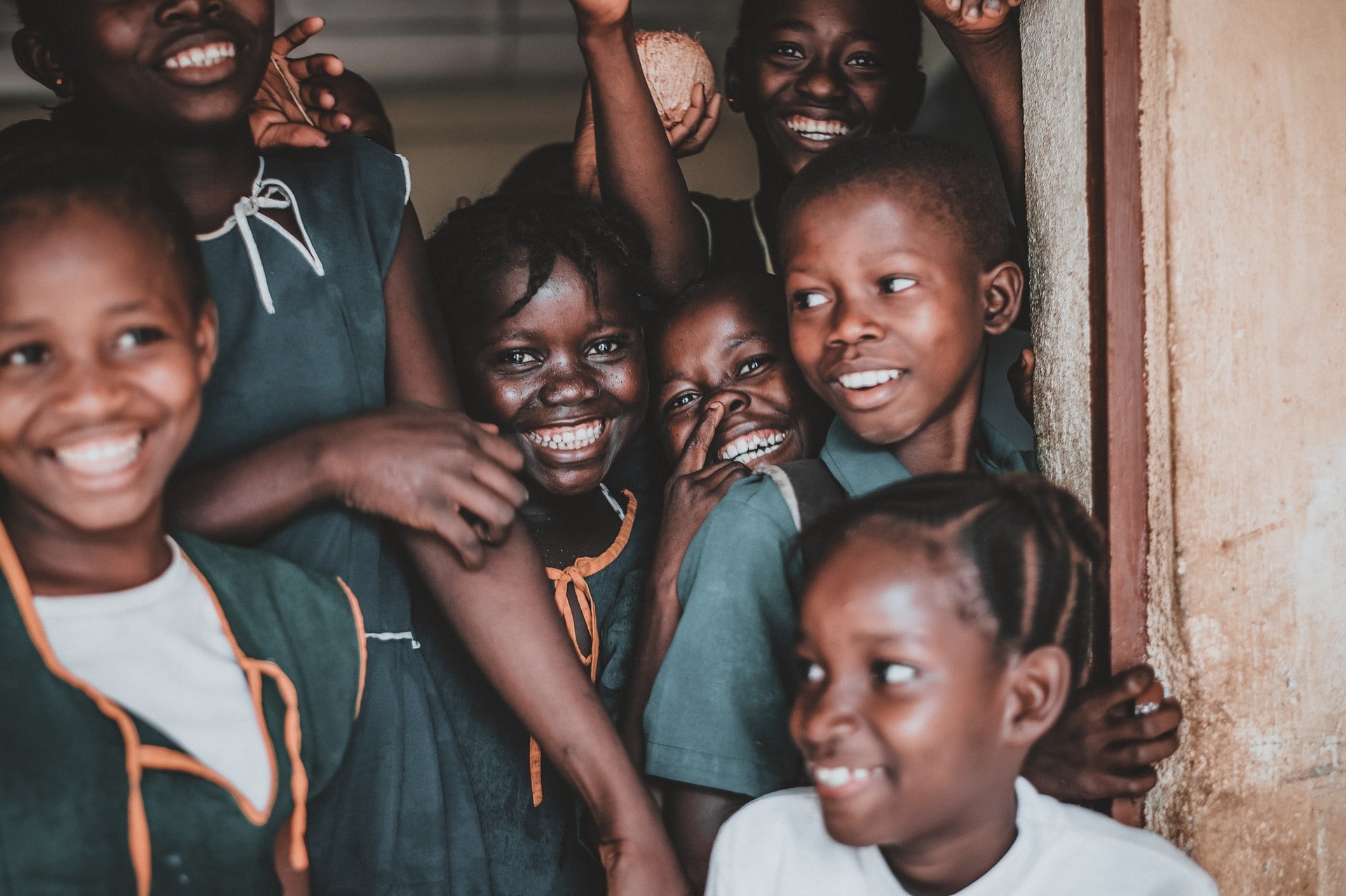
Dr. Josephine Kulea: The woman shielding girls from FGM
International Day of the Girl Child is on Sunday. We’re honouring a few champions because of it. Our first champion Dr. Josephine Kulea. She is working towards ending FGM and the sexual enslavement of children.
In Kenyan pastoralist culture, early marriage and Female Genital Mutilation (FGM)are commonplace, even now. It may seem far removed from the gender advancements we are slowly experiencing but restrictive cultural norms are an enduring challenge.
It can start with girls as young as 6 years old being ‘beaded’ by a warrior (moran) in her extended family. ‘Beading’ is a temporary marital relationship that is supposed to ‘prepare’ the girl for marriage. Once her parents decide, the moran presents them with red Samburu beads to signify engagement, and gives the girl black and white beads to solidify the beginning of their exclusive sexual relationship.
Because the moran and the beaded girl are relatives and the girl is uncircumcised, marriage or pregnancy from this ‘union’ is forbidden. Inversely, the goal of the relationship of ‘marital preparation’ exposes the girl to physical and sexual exploitation, often leading to pregnancy, which although forbidden is not prevented. As a result, many of these young girls go through cruel unsafe abortions or secret pregnancies that end in infanticide.
To recap: this temporary engagement gives men sexual access to children. Meanwhile, no one is interested in explaining or facilitating contraception, then when the girls inevitably get pregnant, they are forced into crude abortions or the grave task of killing their babies. The ‘lucky’ babies who get to survive are still considered outcasts and are given away to other communities.
Meanwhile, these same young girls are expected to pass through their tribe’s rites of passage i.e. FGM to become eligible for marriage and have a place in the community. Although the effect of partial and full FGM is extensive and has been discussed widely, communities are resorting to FGM at an even earlier age to avoid the beading practice. This may be progress in one direction, but it is surely a massive setback in another.
The Samburu Girls Foundation
While the situation is very grim, some champions are working to change these damaging and dangerous cultural norms. One such gender activist is Dr. Josephine Kulea, founder of the Samburu Girls Foundation, a Kenyan non-profit that rescues girls.
Dr. Kulea herself was born in a pastoralist village in Samburu county. Her beginning was similar to many Samburu girls, but her progression took a different turn once she ventured outside her community for school. This was when her passion for emancipating girls began – with her advocating for one of her beaded cousins to join her at school.
Her next rescue mission happened in her adulthood where Dr. Kulea, then a nurse in her 20s, braved the fury of her village elders and family members to rescue her 10-year-old cousin from an early marriage, and then her even younger 7-year-old cousin from becoming the replacement bride.
This incident gave her the insight to move beyond her family members to any girl who needed her help. Initially, she would rescue girls, take them home with her and use her salary to take them to school, but over time she had to get help. So, in 2012, the Samburu Girls Foundation was born: a non-profit that grew into a 15-acre rescue Centre in Loosuk area, south of Maralal. This has become the only home for many young girls.
Outside of necessities, the foundation focuses on education and psychosocial support for the rescued girls. It also has an outreach programme to help raise awareness about child protection and women’s rights, and a reconciliation programme that fosters the reunion of these broken families.
Related: 8 Tips For Talking To Sexual Violence Survivors
According to the East African, Dr. Kulea and her team have rescued 1,200 girls so far and are supporting 441 of them from pre-school through to university. 32 of the girls are in colleges and universities pursuing different courses.
She told the publication that it has been hard taking on the community ,especially because it seems like she is against culture when in fact she is trying to make a positive change. ‘The bigger part of our culture is good. We are trying to get rid of the small, negative aspects, especially the ones that are hurting women and girls.’
To learn more, go to Samburu Girls Foundation.
